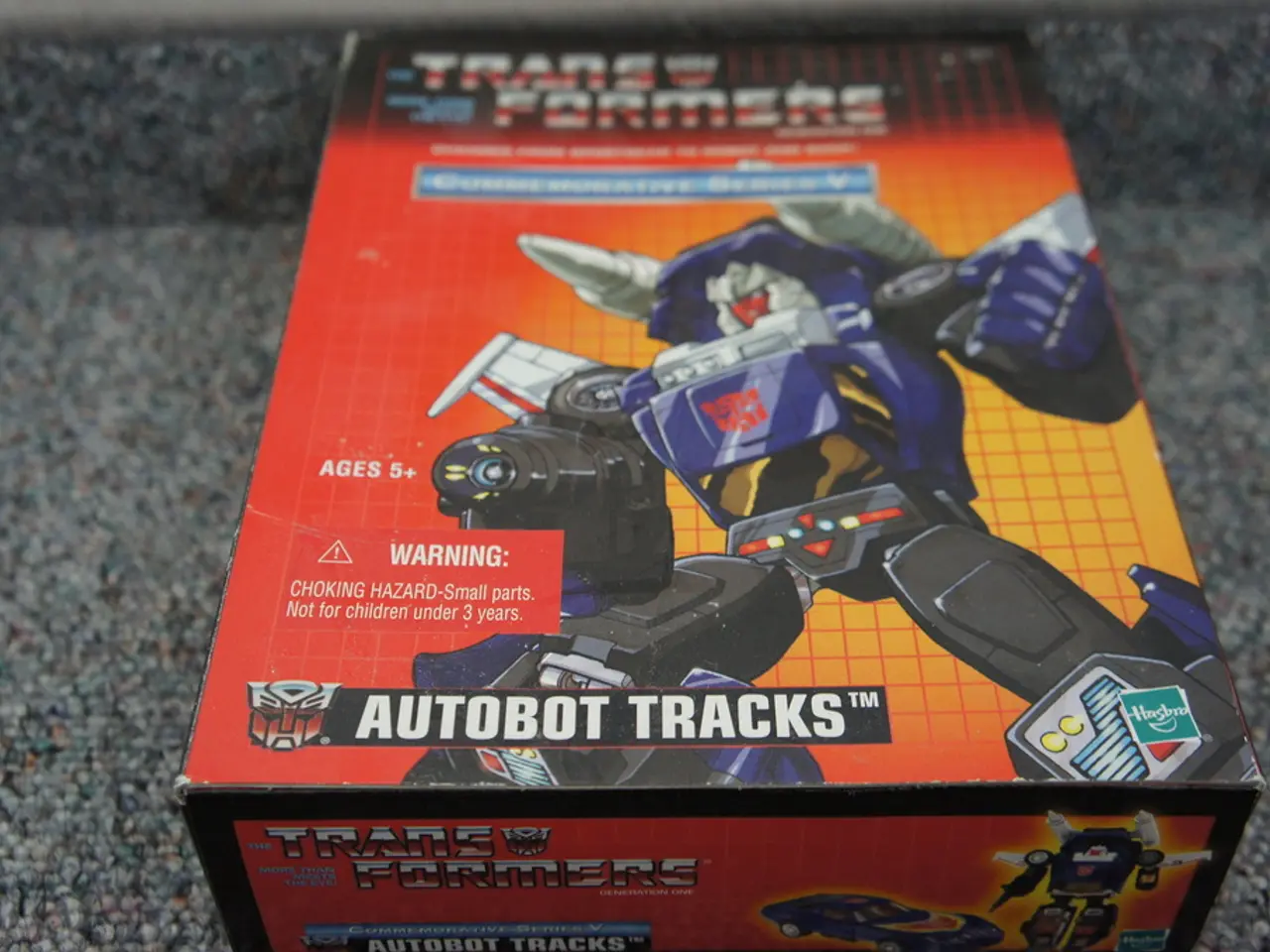Navigating a Career Shift Towards Artificial Intelligence
Artificial Intelligence (AI) is revolutionizing industries and creating a multitude of new career opportunities for individuals from all backgrounds. The AI job market is projected to continue growing well into the future, offering a wide range of career options and a promising career outlook [1].
For non-technical professionals considering a transition into AI, there are several key paths to follow. First, learning foundational AI skills through courses and certifications is essential. Many start with beginner-friendly online courses covering AI and machine learning basics, progressively advancing to specialized topics such as deep learning or natural language processing [2]. Certifications help validate knowledge, but applying the learning in projects is critical [4].
Gaining hands-on experience with AI tools and programming is another crucial step. Even non-technical professionals are encouraged to experiment with AI frameworks like TensorFlow or PyTorch, learn Python for AI-related programming, and use data visualization tools to understand analytics [2]. Building a portfolio of real-world AI projects is a common next step [2].
Pursuing complementary education can also help in the transition. Some acquire AI-focused degrees or certifications (e.g., in computer science, data analytics, or integrated AI-business programs) to build both technical and domain-specific expertise, making the transition smoother [2].
Emerging career opportunities for those with backgrounds in law, ethics, psychology, design, policy, communication, or behavioural science include roles such as AI ethics specialist, AI UX/UI designer, AI policy analyst, and AI program manager [3].
AI is not limited to coding; non-technical professionals can focus on integrating AI components into business solutions or architecting AI-powered systems [1]. The rise of no-code AI platforms further supports accessible entry points for those without programming expertise [2][3][4].
Zahiruddin Tavargere, previously a Senior Principal Software Engineer at Dell, transitioned into an AI Engineer role in November 2023, leading a Generative AI team [5]. Gabriel Petersson, a self-taught AI researcher, transitioned from product engineering to AI research and is now a Research Scientist at OpenAI [5].
AI professionals need to be adept at data handling, including data management, preprocessing, and working with large datasets [6]. Machine learning (ML) algorithms and deep learning are crucial for AI professionals [6]. Keeping up with AI news and updates is essential for long-term success in the field [6].
The AI industry welcomes individuals from diverse backgrounds, including those without a predisposition to technology [1]. AI and related fields offer a variety of job titles, such as NLP Engineer, Computer Vision Engineer, and AI Engineer/AI Specialist, with salaries generally paying well above the average for all jobs due to high demand for these skills [5].
In summary, non-technical professionals typically transition into AI careers by combining education (courses, certifications, degrees), self-driven hands-on learning with AI tools, building project portfolios, and targeting AI roles aligned with their existing skills—whether technical or domain-focused roles like AI ethics or policy. The rise of no-code AI platforms further supports accessible entry points for those without programming expertise [2][3][4].
References: [1] McKinsey & Company. (2020). Jobs lost, jobs gained: What the future of work will mean for jobs, skills, and wages. [2] Google. (2021). AI for Everyone: A Beginner's Guide to Artificial Intelligence. [3] IBM. (2021). A guide to AI careers for non-technical professionals. [4] Coursera. (2021). AI Specialization. [5] Forbes. (2023). How Non-Technical Professionals Can Transition into AI Careers. [6] World Economic Forum. (2020). The Future of Jobs Report 2020.
- Data science, machine learning, and artificial intelligence are fundamental skills that non-technical professionals need to master to transition into AI careers.
- Embracing technology through hands-on learning with AI tools, programming, and data visualization tools can provide a strong foundation for a successful transition into AI.
- Education-and-self-development opportunities, such as courses, certifications, and degrees, can equip individuals with the technical and domain-specific expertise necessary for a smoother transition.
- Career development options in AI extend beyond coding, with roles in AI ethics, AI UX/UI design, AI policy analysis, and AI program management available for professionals with backgrounds in law, psychology, design, policy, communication, or behavioral science.




